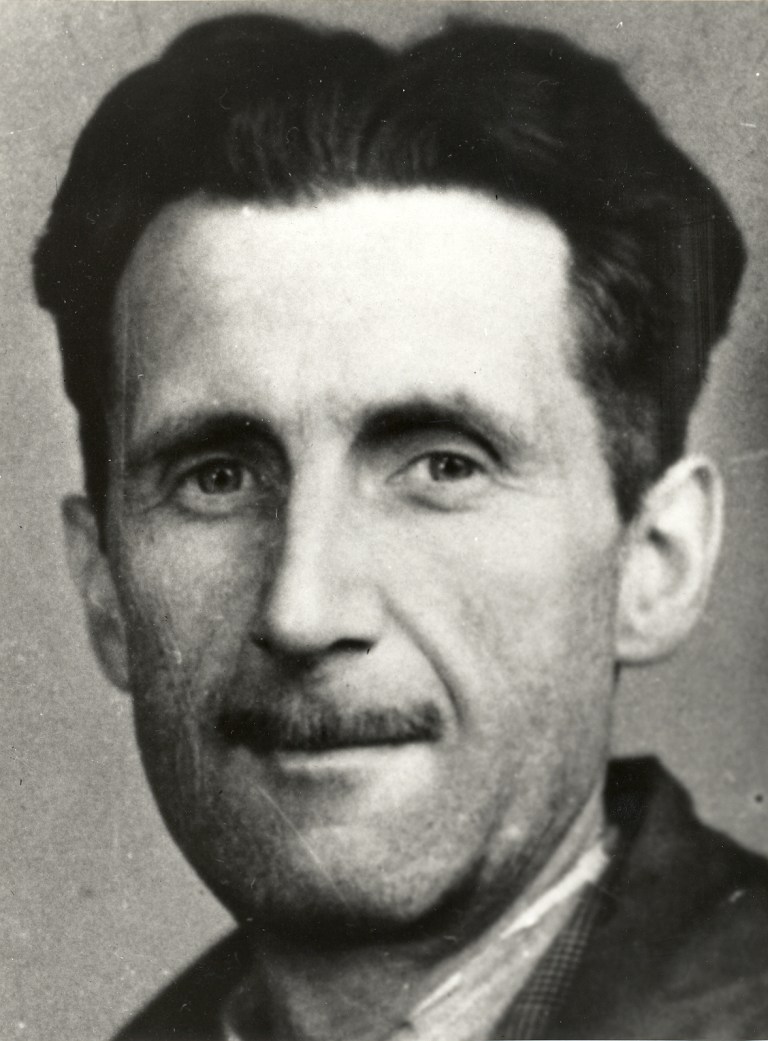Every year John Brockman, the literary agent for many scientists who write popular books (including me), asked all of us to answer a question as part of his online salon, Edge. Usually the questions involve writing short essays, maybe two hundred words or so, and I’ve contributed a few times. This year, however, will be the last such question, and it requires a single-sentence answer. Here it is:
For the 50th anniversary of “The World Question Center,” and for the finale to the twenty years of Edge Questions, I turned it over to the Edgies:
“Ask ‘The Last Question,’ your last question, the question for which you will be remembered.”
Click the screenshot for the answers, which are many, diverse, and in alphabetical order by respondent (go to the bottom of the linked page, where you’ll find 14 pages of answers—or rather, questions).

The questions I found most provocative and intriguing were those posed by Gregory Benford, Paul Bloom, Jimena Canales (I don’t quite get what she means), Oliver Curry, Dan Dennett, Keith Devlin, Neil Gershenfeld, Hans Halvorson, Marti Hearst, Bruce Hood, Dale Jamieson, Gordon Kane, Kai Krause, Janna Levin, Elaine Pagels (Ed Regis and Christopher Stringer’s questions resemble hers), William Press, Diana Reiss, Gino Segre, Dan Sperber, and Anton Zeilinger.
Several of us asked questions involving free will: along with me there’s Rebecca Goldstein and Robert Sapolsky, all of us assuming determinism is true and wondering about the consequences of accepting it.
The questions often fall into distinct areas, particularly the mechanism of cognition, how the laws of physics arise, what will happen to human evolution in the “Anthropocene” (Helena Cronin and David Buss have questions about sexual selection), the consequences of artificial intelligence, the problem of consciousness, and the limitations on our ability to know. Brockman’s task was hard, and I’m not sure whether my question is a “Last Question,” but I do think it’s an important one.
If you’d like, take a crack at giving your own answer in the comments.



